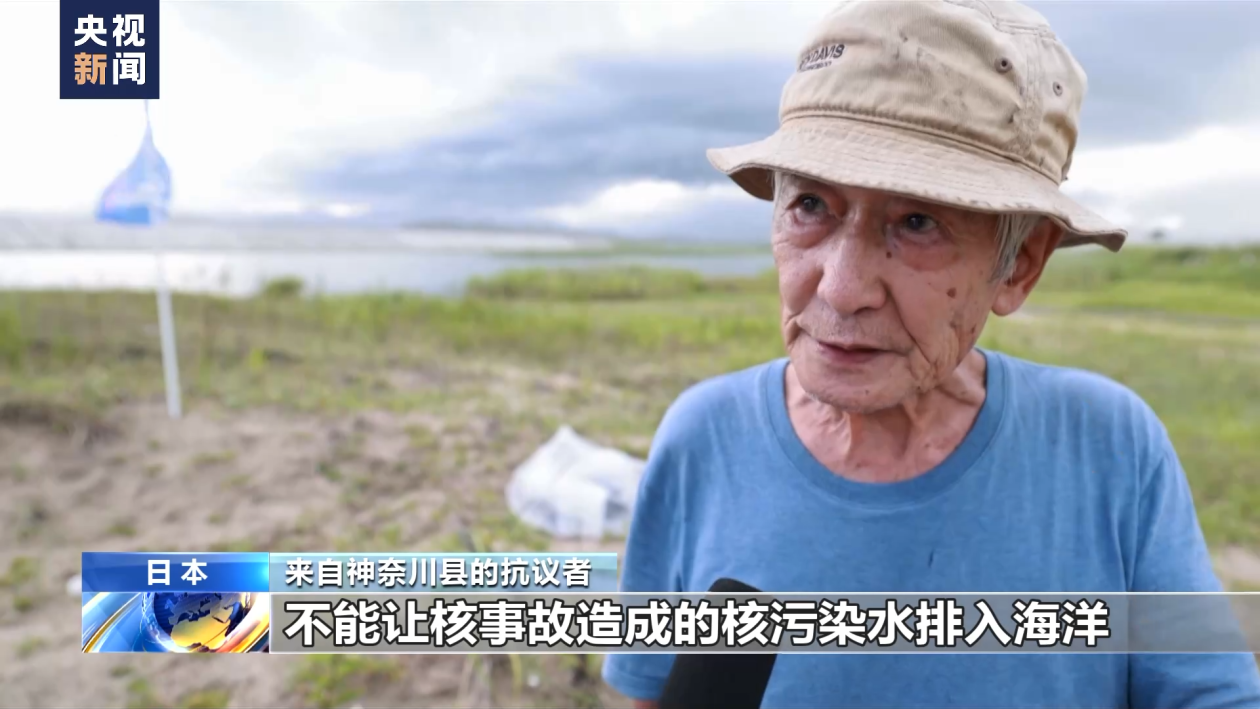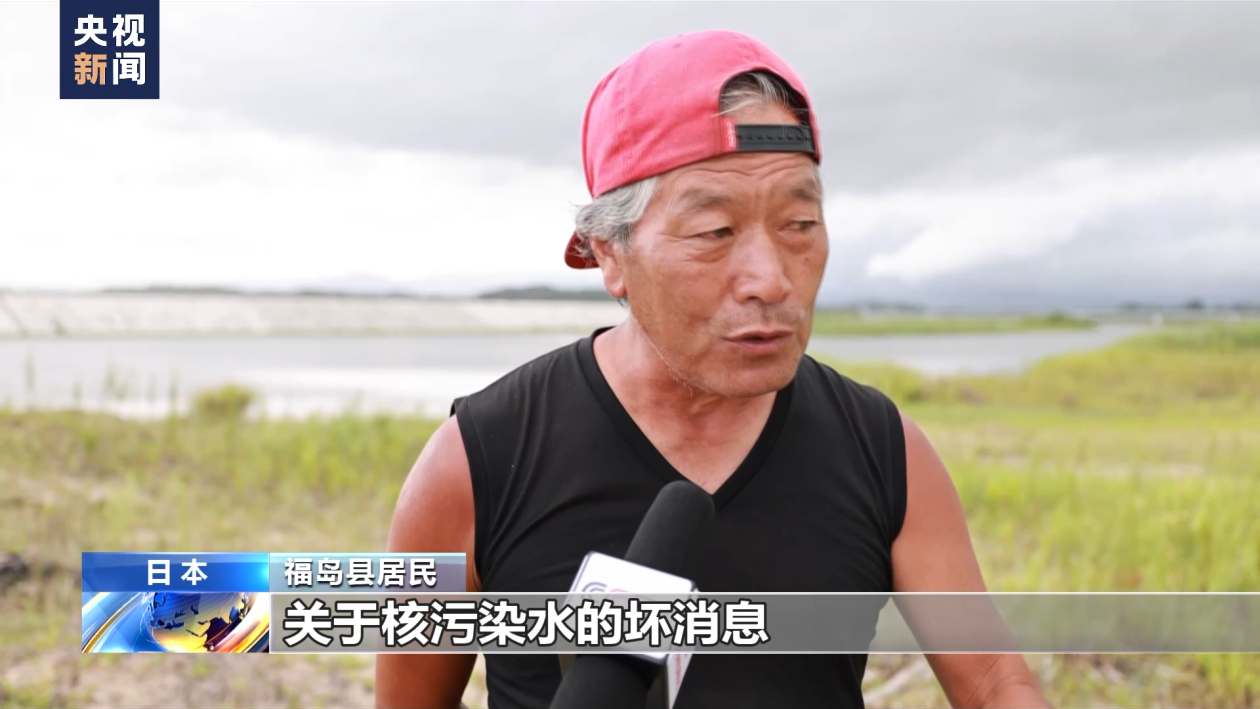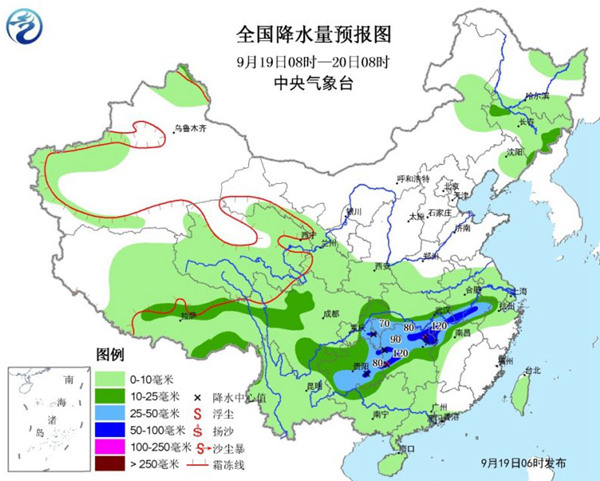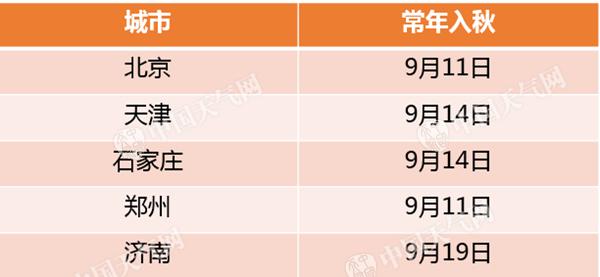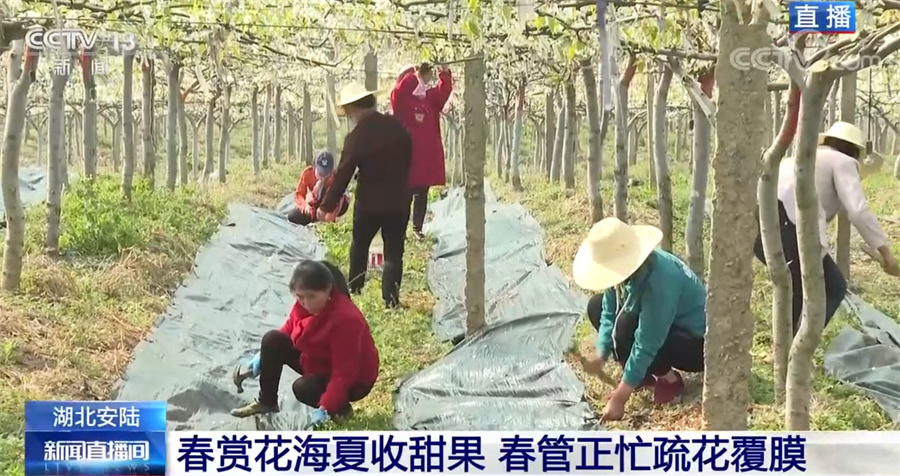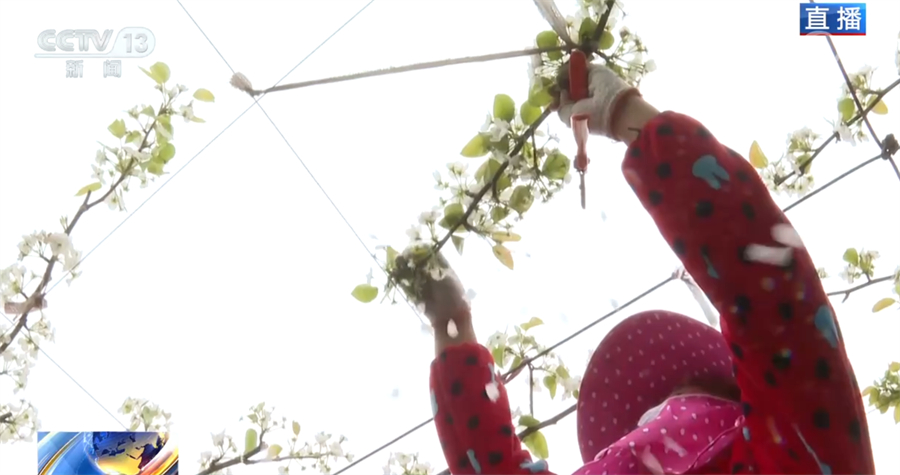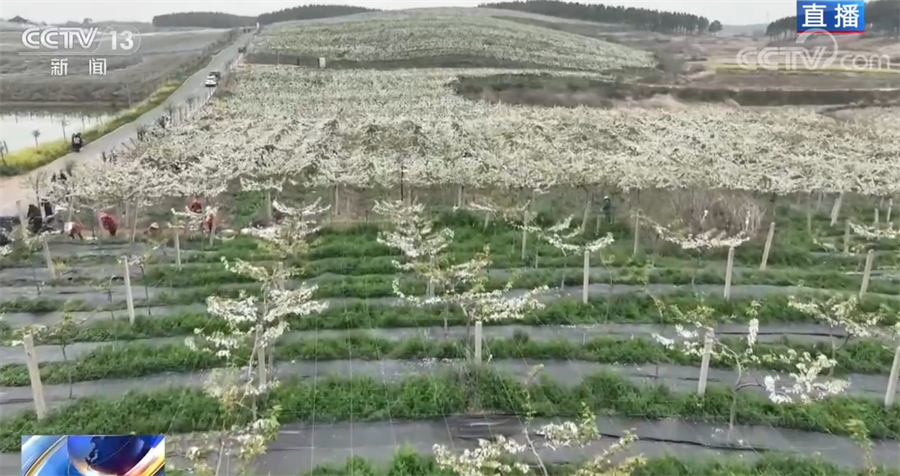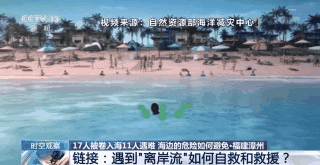


Yangtian Village uses a two-story wall to show what it cherishes at present: the wall is the information of 26 doctors who have graduated from the village so far, as well as the names of Harvard University, Tsinghua University, Peking University and Nankai University.
Since China resumed the college entrance examination in 1977, more than 800 children, including 26 doctors and 176 masters, have been admitted to the countryside in Shashi Town, Liuyang City, Hunan Province. This is what the villagers are proud of.
A few years ago, Luo Ze, then Party Secretary of Yangtian Village, proposed to erect such a wall in the village. He and other village cadres chose the side wall of a family building at the entrance of the village to "save some money".
They went to discuss the matter with the owner, and the other party replied happily, "I want it." The wall was originally the toilet of this family, so it was contributed and changed into green space.
The village cadres seriously entrusted an advertising company in the town to design the wall.
One day in 2015, the original dilapidated wall was painted, and the most striking thing on it was three big characters: Doctor Wall.
In Luo Ze’s eyes, doctors are a kind of "cultural resources". His idea is to show the village’s "farming and reading culture" and encourage the children in the village to read, even as the fulcrum of the village’s development.
He is very satisfied with this position — — At the entrance to the village, it is close to the primary school in the village, and several families around it have gone out of the doctor. The village also spent more than 30,000 yuan to buy a nearly 2-meter-high Confucius statue in Changsha, the provincial capital, and engraved the profile of the educator downloaded from the Internet on the pedestal. The pedestal was made by a villager who was engaged in construction.
Luo Ze thought that Confucius was an ancient scholar, and he stood there with a "cultural atmosphere". "I hope that children can read well and make great talents like doctors."
On the heads of doctors, there are big characters decorated with doctor hats — — "Knowledge changes fate, culture breeds virtue", "Diligence and education, and inheritance through ploughing and reading".
These words were designed by Luo Ze. It summarizes the daily life of the villagers: farming, supporting the family and supporting the younger generation to go to school.
After working in the village for 26 years, he saw with his own eyes how groups of rural children changed their fate through reading in an ordinary village.
one
The protagonists on the wall have long been away from home, some teaching in universities, some starting businesses in the sea, and some serving as company executives in the central business districts of Beijing and Shanghai.
Without this unique aesthetic wall, Yangtian village is really a very humble village. Yangtian Village is located in the north township of Liuyang. The whole city of Liuyang is divided into four townships: east, west, south and north. The south township is rich in fireworks, the west township has flower industry, the east township has forestry resources, and the north township has only cultivated land for generations.
In Yangtian village, the purpose of supporting children to study can be simplified as: having a stable job, no longer having to "face the loess and face the sky", and no longer going out to work and sell coolies.
For Qu Weiyuan, a villager, to send two children to school is to hope that they can find a job after graduation, and "parents should be less concerned".
Qu Wei’s daughter Qu Ting is the first female doctor on that wall.
In 2003, Qu Ting was admitted to Nankai University and has been studying for a doctorate. After graduation, she became a university teacher. Her younger brother Qu Qiangqiang was admitted to Northeastern University and became a civil servant.
Their parents are the first people in the village to go out to work. When Qu Ting first entered elementary school in the early 1990s, her parents began to work in cities — — China’s urbanization process involving hundreds of millions of people is still going on — — Qu Ting and her younger brother became left-behind children.
"We are the first generation to feel the gap between urban and rural areas." Qu Ting said.
She lived in the city with her parents, and when other rural children were still washing, shampooing and bathing with washing powder, she could already get a small bag of shampoo.
When she returned to the village from the city, she brought a roll of white toilet paper, and as a result, some students each rolled a little and went back to collect it — — At that time, the peers in the village still made toilet paper from old exercise books and didn’t know toilet paper.
Qu Ting was the only child among her classmates who had eaten ice cream at that time. Later, she admitted that that experience had planted a seed in her body, and she was "unwilling to stay in the countryside for the rest of her life".
She has also experienced the gap between migrant children and urban children. She remembered that she wanted to take part in a painting class, and she paid 20 yuan for one semester, but her father refused. 20 yuan is equivalent to one sixth of a family’s monthly income.
For the two brothers Luo Hongtao and Luo Honglang on the same wall, studying hard is just to stop farming. Luo Honglang’s deep memory of his childhood is that the villagers farmed during the day and weaved at night. Until midnight, the whole village was still awake, and the sound of weaving was heard from every household. After finishing their homework after school, the two brothers have to help their father who is a craftsman.
The school hardware facilities are also very poor. In winter, the earth wall of the classroom leaks air all around, and students’ hands and feet are often frostbitten. The voltage in the village is unstable and the current is intermittent. On a cold winter night, I woke up in the middle of the night and found that there was electricity. The two brothers had to climb out of bed and finish their homework. Summer is even more difficult. In order to save shoes and walk barefoot, the soles of your feet will be blistered by the hot slate.
Before the nine-year compulsory education was popularized in China, one of the great events of their father, Luo Jianzhi, was to put the money from farming, weaving and working as a craftsman in a cloth bag, and let the children take a stack by themselves when school started. You need to borrow money when you are embarrassed.
It is a kind of luck to meet parents who have all their wealth for their children to study. At that time, there were not a few families who couldn’t afford tuition in 3 yuan for one semester. Luo Honglang is the only one of his classmates who came out of school. Huang Liping, his classmate, is second only to him in grades. Huang Liping had to drop out of school because his mother died prematurely and he had two younger brothers to take care of. The fate of the two men has been divided since then.
2
Talking about the former classmates on that wall, Huang Liping was very emotional. What he didn’t know at that time was that giving up studying would put himself and others on a different track.
He is still farming at home, pinning his hopes on his daughter Huang Xinyao. Huang Xinyao was in the fifth grade of primary school in the village, and the certificate he got was plastered all over the wall at home. Huang Xinyao’s mother, Wu Yanzi, works in a local weaving factory. Among the four sisters, the younger sister stayed in Shenzhen after being admitted to the university, which is the "best mixed" one. Xiaomei became a sample for Wu Yanzi to urge her daughter to study. "Cars are all BMWs, and every time I give them to my grandparents, it costs thousands of dollars", and I am the hardest and can’t make any money.
As a primary school student, Huang Xinyao doesn’t think this wall is very beautiful. When I go to school on my mother’s motorcycle, she passes this wall every time.
One day, she promised her mother that she would study hard. "At that time, my name will be on the doctor’s wall."
Those names on the wall mark not only personal studies, but also the dignity of a family. After graduating from college, these rural children will directly bring about the improvement of their family’s economic situation.
In the first year after Dr. Qu Ting graduated, her parents stopped going out to work. The house at home was also renovated, and Qu Wei participated in the design, transforming the original dilapidated adobe house into a "modern" small building.
Such small buildings are common in today’s Yangtian village. In the eyes of the villagers, repairing a new building means that there are "scholars" at home.
As early as 2000, Simomo, the old branch secretary of Yangtian Village, summed it up at the villagers’ meeting. "Whoever has a college student has a changed living environment."
In order to encourage children to study, every year, when the results of college entrance examination are announced, village cadres will go to the home of every student admitted to a key university to congratulate him with the 400 yuan Prize. Last year, the village raised the bonus to 1000 yuan, and the scope was also expanded. The family that produces a doctor will also be labeled as a "scholarly family" in front of the door.
Families admitted to the doctor will be given a "doctor’s plaque". Qu Ting’s family has such a plaque. When Qu Wei hangs it in the living room, he can see it when he enters the door. Several big characters are printed on a piece of red paper and mounted in a 1-meter-wide golden glass frame: "Compliment (meaning congratulations — — Reporter’s Note) Qu Ting won a doctorate. "
three
For this kind of courtesy, doctors are a little afraid. They believe that it is accidental that they can get out of the countryside through reading.
Qu Ting feels that "learning well" is like a habit that she has kept for a long time.
Qu Weiyuan initially concluded that her daughter was "not the material for reading". The daughter’s grades are getting better and better, and she has hardly let him worry. However, his son, who is smarter than his daughter in his eyes, did not get good grades at first, and ranked last in the class when he was a freshman in high school. When he was called to the school where his son was boarding for a parent-teacher meeting, Qu Wei got angry. "You either read well or don’t read, don’t read and take the quilt back." Qu Weiyuan said to his son, "Anyway, there is your sister. Your sister can study well, or you can go to the computer with your cousin."
Since then, Qu Qiangqiang’s achievements have been rising all the way. Qu Ting thought it was his father’s goad at first, but later found it wasn’t. "That’s what he thinks, because it’s very difficult at home. Anyway, one of them has been read out. You can read it for you. If you don’t want to read it, I won’t force you."
"My brother and I grew up by accident." Qu Ting felt that it was a "magic" thing for her father to finally cultivate two college students. If my younger brother had sunk a little and given up studying, he wouldn’t be what he is today. Some of her boyhood companions went to prison for theft, robbery and other problems. She believes that perhaps both herself and her brother have a strong "self-certification consciousness", which further inspired them. When she was studying in the city, a teacher once suspected that she was cheating because she was a rural child, which made her feel a great sense of humiliation. "Why don’t you believe that I can get this score?" "It may have left a consciousness to prove itself."
But behind this "self-certification consciousness", she doesn’t really understand the meaning of reading to a person. For another doctor, Qu Weiyi, even the college entrance examination was once a dispensable thing.
Qu Weiyi was sent to high school because he was "too young to work". At that time, it was popular in the village to "study for technical secondary school and get an iron rice bowl", but "going to high school costs money", which was not cost-effective.
After failing in the technical secondary school entrance examination, Qu Weiyi, who is 1.65 meters high, went to the construction site to pick bricks and cement, and his shoes were soaked in muddy water and rotted. His father loved him dearly and sent him to high school. The original intention was to let him grow up in two years before going to work.
After studying in high school for less than two months, Qu Weiyi wanted to drop out of school. Going to town when he was in high school, his parents spent a lot of money to buy him the only new bicycle in the family, but he lost it. This made him hate himself. The head teacher kept doing work for him, telling a story about a girl who worked hard to study after her bike was stolen and was finally admitted to the university. He decided to work hard and had the concept of university for the first time. Before that, he didn’t know there was such a thing as a university. He didn’t know that he was going to college after high school, because "no one gave you information".
Speaking of his past experiences, Qu Weiyi felt "cruel and magical". Today, when he talked about this in the university, the students were amazed. Everyone couldn’t understand that his university teacher didn’t even know what a university was.
four
This learning experience is almost the common memory of those people on the doctor’s wall. They don’t know what they are doing and why they are studying and going to college.
Hearing that a doctor’s wall is going to be built in the village, Qu Ting thinks it is a good thing to take this opportunity to further drive the children in the village to study. After all, there will be no families who can’t afford to go to school because of poverty in Yangtian Village today.
More importantly, how to really stimulate children’s learning motivation.
At the beginning of this year, the village asked Qu Ting to give a lecture to the primary school students in the village. She thought it over and over, and finally decided on the theme of freedom. In class, she asked them what their goals were. A child said she wanted to go to France, and Qu Ting asked her how to go. The teenage girl thought about it and gave the answer that she should study hard and learn French. Several active children also added her QQ.
"Still have to open their world." Qu Ting thinks that for children, the first step to break ignorance is to arouse their motivation to learn spontaneously. Education is not indoctrination, not getting high marks, but awakening and igniting.
In 2017, a local primary school principal asked someone to find Qu Wei and asked him to "teach educational experience" to more than 400 parents in the school. Qu Weiyuan quickly contacted his daughter who taught in Tianjin. "What am I going to say, my daughter will come and help!" Qu Ting wrote an eight-page speech for his father and asked him to take it with him to give a speech.
In the past, Qu Ting and his younger brother often became samples for villagers to educate their children. "Look at people who are also left-behind children. How can their grades be so good?" This time, in the voice of her father, she responded to those parents who have been working outside for a long time: she and her brother can read it not because they grow freely, but because at least one of their parents will go home before junior high school to ensure that their children will not lack love and companionship during the critical period. Taking her playful brother as an example, she told parents that they should be properly guided on the basis of discovering their children’s nature.
Two years ago, Luo Honglang and Luo Hongtao were invited by village cadres to interact with children in their hometown in the form of "opening a letter".
In their letters, they encouraged the children in their hometown: "Whether a person can make great achievements and contribute to the society and hometown in the future is precisely the qualities such as hard work and hard work that we have cultivated since childhood, not the material conditions … … The growth experience in rural areas is our precious wealth. "
Luo Huihui, a child in the village, is studying in a middle school in the city. The school organizes students to watch a video introducing the doctor’s village and inspires the whole school. "Children in the countryside can get a doctor’s degree. Why can’t you?"
five
However, Qu Ting felt that subtle changes had taken place in her hometown.
Qu Ting was surprised when a relative asked her not to let her children go to a normal school with free tuition and free package distribution. This relative can spend tens of thousands of yuan to enroll his children in the summer vacation, obviously not to save money. She learned that choosing a normal school is afraid that children can’t find a job. "Being a teacher is stable and stressful."
Compared with the 26 people on the doctor’s wall, the villagers feel that in recent years, fewer and fewer college students have been admitted to prestigious schools in the village. Last year, 22 people were admitted to the "211" and "985" key universities. A doctor who graduated from Tsinghua University felt that if he put himself in the same environment and studied in the same way, he would definitely not be admitted to Tsinghua.
In recent years, the hardware of Yangtian Complete Primary School, which is close to the Doctor’s Wall, has been gradually improved, with a plastic track on the dirt playground and dozens of computers and a piano. There are 12 teachers in this primary school with more than 200 students, and each teacher has to teach an average of 15 classes a week. "The teachers of sound, body and beauty are not yet complete." The principal said helplessly.
However, in Yangtian village, people with certain economic conditions began to send their children to the county to study, and the teachers who taught in the village also enrolled their children in extracurricular remedial classes.
This change can be seen from the profiles of 26 doctors displayed on the wall: the younger doctors are no longer rural children who grew up in Yangtian, some of them went to study in the city early, and some of them have been "Shanghainese" since birth.
Ronnie, a middle school student in Yangtian Village, ranks among the top students in the town. After being admitted to Tianjiabing Middle School, the best high school in the county, she can only rank among more than 200 students in the whole school. This made her depressed for a time. The top 10 students in the class are all from the city. Their entrance scores are lower than her, but they easily surpass her after entering the school. She didn’t understand why. "Look, they don’t work hard, and they can play mobile phones."
Ronnie’s father once invited a high school teacher in the city to dinner. The teacher admitted that many schools would rather recruit students from the city than students from the countryside. Children in the city have a higher vision and a better foundation.
The gradient is arranged in the first order. As a county-level city, compared with the famous middle schools in Changsha, it is news that two people from the best local high schools can be admitted to Tsinghua or Peking University every year.
In Tianjiabing Middle School, the teacher will play the running video of Hebei Hengshui Middle School in class, and the students are shocked by the "madness" of students in this school running to eat and carrying notes with them when waiting for meals.
Ronnie also wants to make further progress. She wondered why some children in the city seemed to do well in the exam without working hard, while some rural students kept counting down in class while reading with flashlights at night.
The villagers began to tend to make a safer choice for their children. Luo Jiao is the best student in the village. She could have gone to the best high school in the town, but her mother persuaded her to apply for a normal school in the province. "Now there are many college students, and it is hard to find a job. This is more stable."
Luo Jiao was hesitant. She wanted to get into a good university, but her father told her that the ideal was beautiful and few people could realize it, "just like dreaming".
This year, a total of three students in Yangtian Village attended normal colleges, all of whom were among the top students in the town. A few years ago, I chose this road only after I was admitted to high school. Luo jiao is still contradictory at the moment. She doesn’t know whether her choice is right or wrong.
six
The slogan "knowledge changes fate" on the doctor’s wall also encountered an impact.
Deng Furen, a middle school teacher in the town, has taught eight doctors. Now, when he visits home, he finds that some parents think that they can’t find a good job after studying in college, and they can make money from everything, so they don’t pay so much attention to providing education for their children. "I told my parents that you are working, and your salary is higher when you go to college than when you don’t."
The contrast is obvious — — The villagers always compare the doctor’s wall with another wall in the village, the "public morality wall". The public morality wall was built shortly after the doctor’s wall, which is not far apart and the same height. The 12 people who "climbed the wall" were elected by the villagers in a referendum, all of whom were "big bosses" who returned to Mulberry, and arranged according to the amount of donations. The profile of the first "big boss" reads: Donate 1.2 million yuan for public welfare undertakings such as repairing bridges, roads and expanding schools.
Some doctors think that although the villagers attach great importance to doctors, they don’t really know much about this group. Qu Weiyi said that many people in rural areas think that "promising" means making money. "They said that Dr. Qu read so many books and led everyone to get rich!" Some people propose to make a joint donation to repair the genealogy, and relatives naturally think that he has the obligation and ability to donate more money.
Another doctor once heard a neighbor say, "(doctor) will definitely earn millions of dollars a year after graduation!"
"If you want to realize your study, you should either be an official or make money, or you should read it for nothing." Although compared with other villages, hometown has paid enough attention to education, Qu Ting found that under this attention, people still regard knowledge as a means.
Qu Ting can’t remember what the first volunteer of the university reported. After she was admitted to Nankai, she was transferred to the philosophy department, studied PhD all the way, and took the "easiest way". The Northeastern University where Qu Qiangqiang, his younger brother, went is located in Shenyang. The reason why he went to the school was just to see the snow in the north. Qu Weiyi applied for a military school in Wuhan in a muddle, because the head teacher told him to take the military school exam free of tuition — — He didn’t think about it, and he didn’t know what other options there were.
After being admitted to the university, Qu Weiyi studied navigation instrument engineering. Aimless, he heard that a senior walked a graduate student. He was surprised. "What do you mean by walking a graduate student?" "He told me that he has a higher education, which is better than college students." Qu Weiyi then set a goal for himself.
He was successfully sent to graduate school. Just as he was preparing to continue studying this major, a senior told him: "What technology! Look at those who are conducting, and when they are heads, they will have a special car. "
"People do whatever they say, and I don’t have the ability to distinguish myself. In fact, I don’t know anything about command technology." Qu Weiyi gave up his postgraduate study and transferred to another military school to study navigation command. It was not until later that he realized what a good opportunity he had missed — — Academician Ma Weiming, known as "the father of China’s electromagnetic ejection", was the dean at that time. To choose an undergraduate as his graduate student, he had the opportunity to follow Ma Weiming for further study. Among the graduate students who walked in that year, he was the first.
Qu Weiyi said regretfully, "At that time (reading the conductor) was completely wrong."
Like a brand — — In the first half of life, there is no clear meaning direction, no previous experience to learn from, and no accurate self-cognition and planning. Qu Ting understands their state as "relatively unfree". The experience of an alumnus in the same grade touched her very much. This alumnus went to Europe to study with his parents when he was a sophomore. He chose to study in Nankai because he felt that his personality was too impetuous and complemented Nankai’s calm school spirit. I chose English major because I knew that an international talent needed fluent language tools. During my college years, my alumni took international trade as an elective, and after graduation, I wanted to enter an investment bank.
"This is called freedom. What is chosen is called freedom, and what is not chosen is not called freedom. " Qu Ting feels that the alumni are leading the fate, while she is being pushed by the fate.
In the second grade of primary school, Qu Ting, who likes reading, got Qiong Yao’s romance novel Shui Yunjian from her father and read it with relish. Later, she realized that this kind of books was not suitable for primary school students. Father doesn’t have this consciousness. On second thought, she is not bad. Many rural children don’t have any extra-curricular books, and she can still find a The Journey to the West in her grandfather’s home.
These make Qu Ting reflect. In rural areas, even parents who attach importance to education stay at the level of "studying for a better way out". On the other hand, she also knows that it is unrealistic to long for parents to have a vision beyond the environment, and it is rare to be willing to provide education for their children. Moreover, "everyone opens his own world step by step."
seven
Until now, Qu Ting firmly believes that reading is still the right choice. She wants people in her hometown to understand that although rural children will be limited by the original environment, although not every child is born to read books, and even though reading books may not necessarily make a lot of money, everyone should strive for the opportunity of education as much as possible.
Qu Ting has two cousins who are very successful in business. Neither of them went to college, but they all received education. One graduated from high school and the other went to a technical school. "My aunt paid for them. This is called attaching importance to education. Even if you don’t know what to do in the future, you should send your children to study. " The two brothers reached a consensus on educating their children. Even in business, people who have read books are higher than those who have never read books.
"Reading is still the most basic and general way for rural children to change their destiny. Studying hard and reading good books is what most people should do and can do after fighting for it." This is written in the speech that the father and daughter cooperated.
The doctors who went out began to do their best to cultivate their next generation. Qu Weiyi bought the best school district, "bite your teeth and buy it". Qu Ting signed up for a music class for her children, so that the fact that 20 yuan could not sign up for a painting class would not be repeated for her daughter.
In Yangtian village, nearly 60% of the labor force goes out to work. In recent years, the living environment in the village has been greatly improved. There is a gymnasium for villagers to relax and a basketball court for children to play, which is comparable to a well-functioning urban community, but it is more suitable for the elderly. If villagers stay in their hometown, they can only choose to grow rice and tobacco, or work in a weaving factory near the village. In order to make money, the young people in the village went all over the country and went as far as Hainan to do leather business.
Huang Xinyao’s mother has been farming in the village for 15 years, and the moisture deposited in the field for many years has made her hands ache. "I really can’t stand it." She went to town to sell clothes for another five years, and had to go home because there were old people and children at home. Working in a local weaving factory can only earn 20 thousand yuan a year.
"Resources should be concentrated to engage in the collective economy." Qu Weiyi did research on the immigrants in the reservoir area in the university. When he returned to his hometown, he suggested to the village cadres to support individuals to take the lead in doing business, so that those who stayed in the village could have more choices for making a living.
What worries Qu Ting most is still the education problem in her hometown. "There is no way, only a little breakthrough." She also thought about going back to the village to teach when she was old.
Last year, the village set up an education fund with more than 200,000 yuan, all of which were collected from villagers. A village cadre said that he hoped that the money could be used to encourage children to study, not to reward them for reading a doctor, but to give them "potential stocks" with good grades and specialties since childhood.
When the Doctor Wall was designed, the pictures sent back by the doctors were different in style. Some people were wearing cap and gown, while others were still in casual clothes. The villagers decided that the background color of these photos and profile areas was rust red, which was not easy to fall off, and then they stuck the photos on the board one by one and nailed them to the wall for fixation. Everyone hopes that under the erosion of wind, rain, sun and rain, the information on the wall can be kept longer, and the children in the village can see it every day when they come back from school.
China Youth Daily Zhongqing Online Trainee Reporter Yin Haiyue and photo source: China Youth Daily




